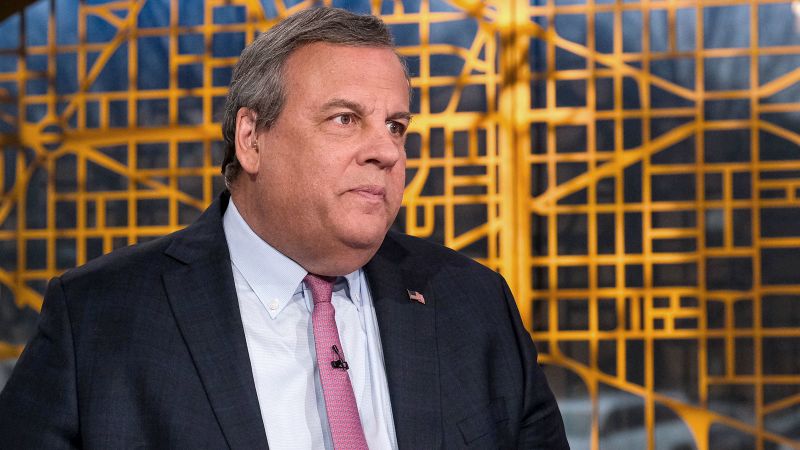Former Republican presidential candidate Chris Christie has announced that he will not run as a third-party candidate. In a statement, Christie expressed his belief that the country needs leadership that brings people together rather than dividing them with anger. He also stated that if his candidacy would potentially help Donald Trump become president again, then it is not the way forward. Christie’s decision comes as the group No Labels continues to pursue launching a third-party moderate ticket.
No Labels officials had previously talked with advisers to Christie, but several prospective candidates and members were left skeptical of the group’s plans. The group has repeatedly stated that they do not want to become a spoiler that would help Donald Trump win a second term, and instead, they encourage accusing President Joe Biden of having politically toxic positions he does not actually hold. Despite reaching out to other possible candidates, top prospects like West Virginia Sen. Joe Manchin and former Maryland Gov. Larry Hogan have distanced themselves from the effort.
Christie’s presidential run in 2020 ended in January before the first-in-the-nation primary in New Hampshire. He had pitched himself as a foil to front-runner Donald Trump and sought to appeal to more traditionally conservative, establishment-friendly Republicans. In a post-candidacy interview in February, Christie stated that he was not going to vote for Trump under any circumstances in November. CNN reporters who contributed to the report include Piper Hudspeth Blackburn, Gregory Krieg, Shania Shelton, and Edward-Isaac Dovere.
Overall, Christie’s decision not to run as a third-party candidate reflects his belief in the need for leadership that unites rather than divides the country. The group No Labels, which continues to pursue launching a third-party moderate ticket, has faced skepticism from prospective candidates and members who are hesitant about the group’s plans. Despite reaching out to other possible candidates, top prospects like Joe Manchin and Larry Hogan have distanced themselves from the effort. Christie, who previously ran for president in 2016, ended his 2020 presidential run before the New Hampshire primary and has expressed his refusal to vote for Donald Trump under any circumstances.
Christie’s decision also highlights the challenges facing third-party candidates and the difficulty of launching a successful moderate ticket in the current political climate. While efforts like No Labels aim to provide an alternative to the two-party system, they must navigate complex dynamics and concerns about potential spoilers that could impact election outcomes. As Christie and other possible candidates assess their options, they must consider how their decisions may influence the political landscape and the future direction of the country. In this context, Christie’s choice not to run as a third-party candidate underscores the complexities and uncertainties of the political process.















